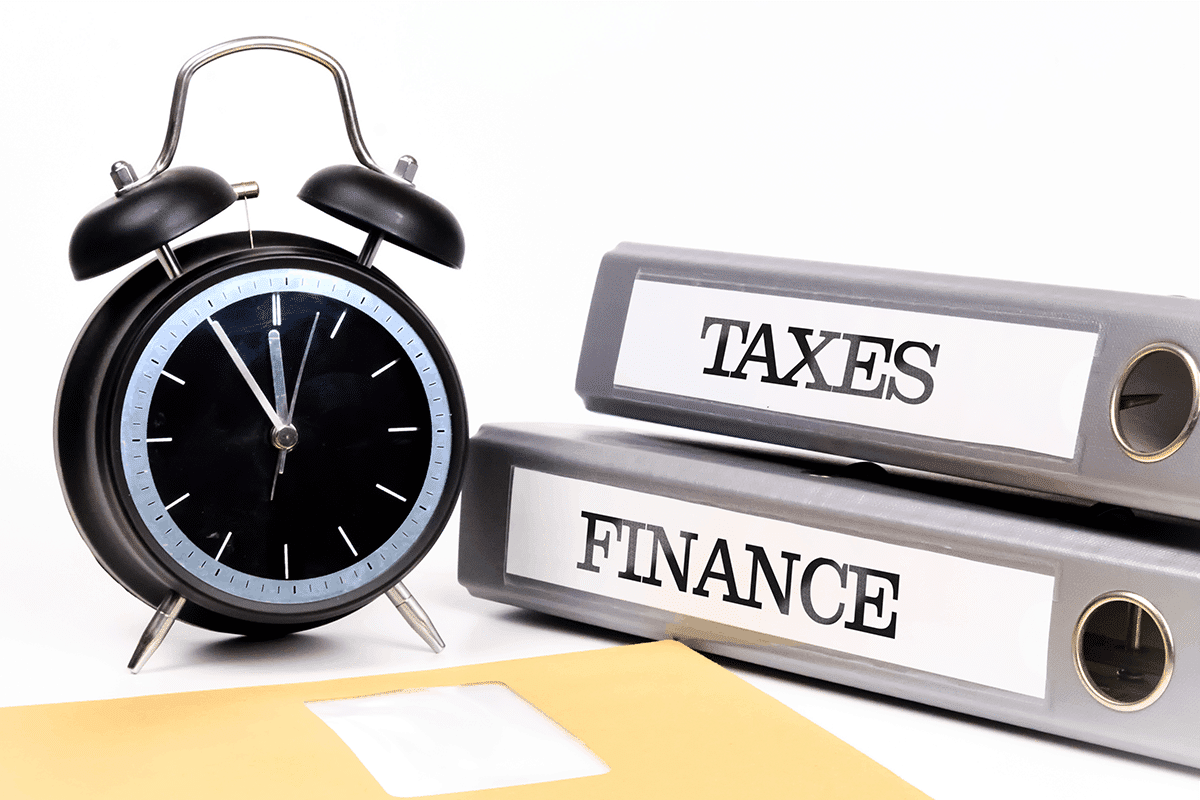Financial avoidance is a common coping technique for stress about finances. Here are some insights about it from Financial Coach Lauren from Elbie Coaching.
The Question…
Hi,
I know there are people out there that can keep on top of their bills. How? How do they do it? Anytime I think about my bank account or the fact that the 1st is coming up and rent is due I feel like crawling under a rock.
I’m only 33 and single. I know I need to do better when it comes to money. How can I do that when all I want to do is enjoy life? Which I don’t think is such a wrong or horrible thing.
– Tim F.., Mississauga, ON
The Answer…
Hi Tim,
You’re right. Wanting to enjoy your life is not a horrible thing. In fact, it is a really important part of why we take care of our money; so we can really enjoy our lives. When we are dreading the first of the month, or breaking into a sweat when we think about our bank accounts we are not actually enjoying anything. We are finding temporary reprieve from the things that give us stress through avoidance.
What Is Financial Avoidance?
Your relationship with your money has a significant impact on your mental health and well-being. What you describe experiencing are symptoms of financial avoidance, a cousin to financial anxiety. This is a very common coping mechanism and everyone experiences financial avoidance at some point or another. Wanting to crawl under a rock when you think about rent being due is a great illustration of a symptom. Financial avoidance behaviours vary from minor to severe and can look like this:
- Unopened mail
- Unchecked paystubs
- Unused benefits
- Missed payments
- Late fees
- Debt accumulation
- An unwillingness to talk about money
- Giving up control of your finances to someone else completely
We use avoidance coping strategies because on some level we don’t feel safe engaging with our money. We may not want to face something that we feel shameful about or triggers anxiety in us because we weren’t taught how to manage it. Unfortunately, the longer we avoid our money the more challenges we unintentionally create. Eventually, this will lead to less true enjoyment.
If this is feeling all too familiar then it is likely that you have been using avoidance behaviours as your primary coping mechanism for your money. Because this is a behaviour, the solution is nuanced and isn’t a quick fix but here are some steps you can take to start feeling on top of things.
Step 1: Send Yourself Some Compassion
Avoidance is a response from your nervous system attempting to protect you from danger. Our brains haven’t, in a way, caught up to our modern world. As modern humans, our brains sometimes have a tough time discerning what is a real threat (something about to attack you) and what is not (not getting enough likes on social media). In other words, the unknown becomes scary. In this case, the discomfort of not liking your current money relationship is activating the protection mechanism of your nervous system. That is normal. Trust that this is a temporary state and you can change how you interact with your money the more often you do.
Step 2: Figure Out What You Want From Your Money
It’s really hard to engage with your money without knowing why you are doing it. What do you value? What would you like your money to do for you? How could your money help you enjoy your life in the next 6 months? The answers to these questions will help you to stay motivated to change and engage with your money in a healthy way. Write down what you want your money to do somewhere you see regularly.
Step 3: Turn And Face
Money and time are two things that do not stop. The longer we use avoidance coping strategies the more things pile up. Start by making a list of what is giving you stress around your money and give yourself permission to act on one small thing. In this case, rent being due, following the steps below could be a possible solution.
- Open a second chequing account and label it “Rent”.
- With each paycheque, transfer half of your rent payment + an extra $50 (or some other amount you can afford) into your rent account. This gives you an opportunity to check in with your money and see yourself making progress.
- On your last paycheque of the month double check that there is enough money in your “Rent” account to cover you on the first.
- Feel the accomplishment and commit to feeling it again.
- Repeat.
In time. you will accumulate a surplus in that account which will create the safety your avoidance behaviours are searching for.
Step 4: Ask For Help
Sometimes the list of things you need help with is long. Reaching out for help, as you have, is a great step towards making sustainable change. Now that you’ve started, keep going by doing some (or all) of the ideas below:
- Read personal finance blogs
- Seek professional services to manage debt
- Work with a credit counsellor
- Ask a friend to be your money partner and learn about financial literacy and money management together
You’ve already taken a great first step by asking for advice. The only way to “stay on top of bills” is to interact with them, one step at a time. Allow yourself to create small habits like transferring your rent and then keep building on them. Small quick wins have a very motivating response. in time, you will be crawling out from under the rock and into the sunshine.
Have A Financial Question You’d Like Answered?
Post the question to our Facebook page and we’ll get one of our experts to answer it! We’ll post the response right here in our blog section.










